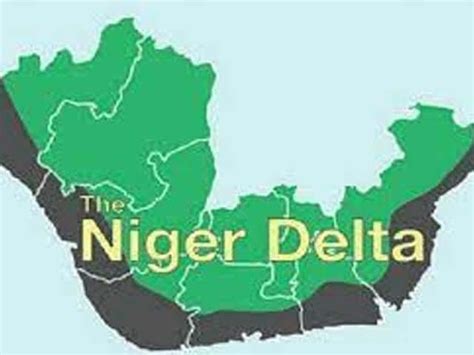Farmers in the Niger Delta region should be jumping for joy. This is because the Ministry of Niger Delta Development is embarking on an agricultural development initiative that will further encourage farmers in the Niger Delta region. The management of the ministry, under the leadership of Engr. Abubakar Momoh, has announced the commencement of a programme aimed at bolstering agricultural development and entrepreneurship within the Niger Delta region. The Agricultural Value Chain and Entrepreneurship Programme is set to take place on May 25 in Uyo, Akwa Ibom State.
This initiative is part of a broader strategy to stimulate economic growth, enhance food security, and promote sustainable development within the Niger Delta. The Programme will provide training and resources to local farmers and entrepreneurs, enabling them to improve their agricultural practices, expand their businesses, and contribute more significantly to the regional economy.
Similar empowerment projects have recently been successfully implemented in other Niger Delta states, with positive comments from beneficiaries. Participants have expressed gratitude for the practical training and resources that would be provided, allowing them to increase their productivity and profits.
Engr. Abubakar Momoh, speaking ahead of the Uyo programme, emphasised the Ministry’s commitment to sustainable development and economic empowerment in the Niger Delta. “Our goal is to create lasting change by providing our people with the skills and resources they need to succeed. Agriculture remains a cornerstone of our economy, and through these empowerment schemes, we are ensuring that our farmers and entrepreneurs are well-equipped to drive growth and development in the region.”
The benefits of these programmes extend beyond individual participants. By fostering a more productive and entrepreneurial agricultural sector, the initiative contributes to the overall development of the Niger Delta. This is also because improved agricultural practices lead to higher yields and better food security, while enhanced business skills promote economic diversification and resilience. Ultimately, this contributes to the nation’s economic stability and growth.












